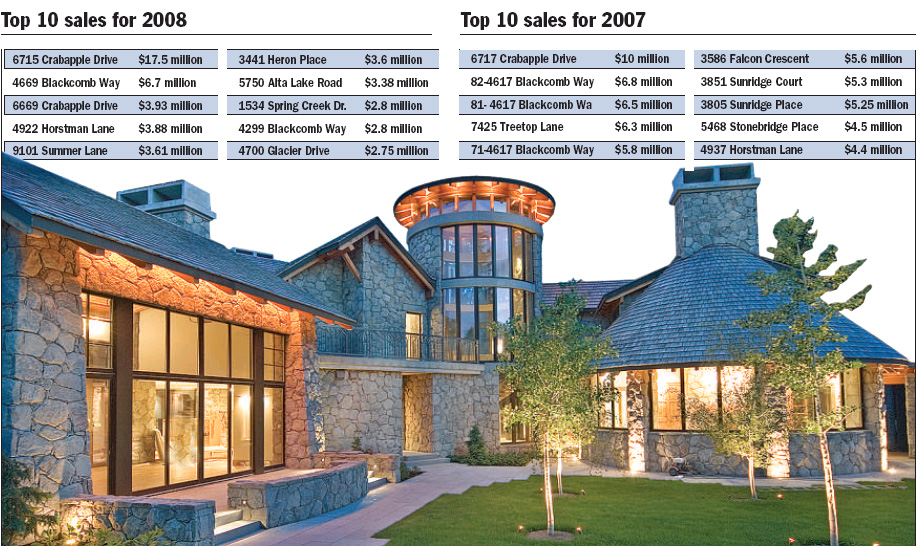OUTLOOK: Fidelity chiefs doubt quick recovery as global stock losses pile up
RAY TURCHANSKY
Province
As the daily losses continue to pile up on global stock indexes, there is increasing belief that much of the world may be in a depression rather than a mere recession.
Most recent recessions have lasted six to nine months, although the United States did suffer negative gross domestic product growth for 12 months in 1970, 18 months in 1973-75 and 18 months again in 1981-82. By comparison, a depression is generally acknowledged to be negative GDP growth lasting for at least two years.
Three wise men from Fidelity Investments told a group of financial advisers not to expect a sustained recovery any time soon.
“People who say the U.S. recession could be over the middle of next summer could prove to be very optimistic,” said Michael Strong, who helps manage three global funds for Fidelity. “If you look at retail sales, this could be the worst Christmas in years . . . it could be well into 2009 or 2010 before we start to see any improvement in the U.S. economy.
“Banks are going to retreat further in terms of their intermediate lending, as auto loans, credit cards and various other debt defaults increase.” Strong isn’t alone in his thinking. “All the economic indicators I look at, I don’t see any signs of life,” said Bob Swanson, manager of a number of Canadian funds for Fidelity. “We’ve gone from playing in the crease to being back on the blue line; we’ve gone from a very offensive position to being defensive.”
Peter Drake, Fidelity’s vice-president of retirement and economic research, said three things have to happen to trigger a recovery — U.S. housing prices have to stabilize, credit markets need to normalize, and the American economy has to resume growth.
On the housing front, there isn’t much good news. TD Economics reports that 791,000 U.S. housing starts in October bring new residential construction to its lowest level on record. And residential-permit approvals, at 708,000 in October, were a record low going back to the 1960s.
A rebirth of the U.S. market is seen as the catalyst needed to reignite the fire under the U.S. financial system.
“We need to get leverage out of the financial system,” Swanson said.“That will lead to credit expansion and help the consumer side of the equation. And that won’t happen until we have stabilization of house prices.”
The Fidelity folk suggest investors stoically wait for the markets to play themselves to a bottom, where they could stay for months or years, then jump in to ride the recovery.
“Look at opportunities — a year and a half ago, there was Canada and infrastructure plays and that was just about it,” Swanson said. “Now we see opportunities all over the place. The questions are what’s cheapest, and what will be the pecking order when things turn around.”






